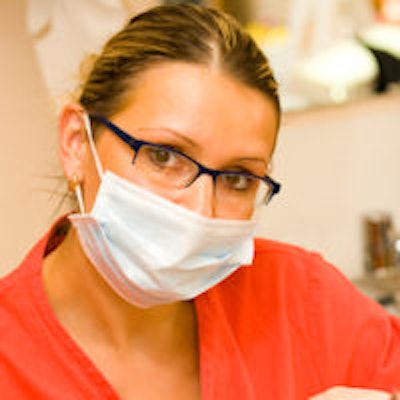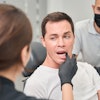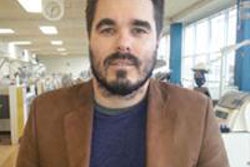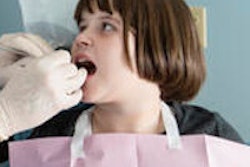
The Kansas Dental Association and the Kansas Dental Project have entered formal mediation in their debate over the licensing of midlevel dental providers (MLPs), with the goal of finding compromise legislation that would allow advanced hygienists to perform some procedures in the state.
Kansas Dental Project has pushed for legislation that would allow advanced hygienists to perform routine procedures such as temporary fillings, extractions, and filing sharp edges off teeth, according to a statement by the Kansas Health Institute. They say approval of a new type of dental practitioner would help address Kansas' large and growing shortage of dentists by letting hygienists with additional training perform common procedures.
But the Kansas Dental Association has opposed the move, saying only those with a dentist's training can do the work safely. The two groups have agreed to share the cost of a professional mediator. While common in the private sector, mediation rarely results from legislative stalemate.
Daniel Minnis, DDS, a Pittsburg, KS-based dentist who supports licensing MLPs, said children and underserved populations would benefit if lawmakers approve the change.
"If the Legislature sees that the Kansas Dental Association is not looking out for the best interests of the general public ... that is, if they stonewall this, then the Legislature is liable to accept a dental midlevel provider proposal," Dr. Minnis told the Kansas Health Institute. "If you refuse to put providers out in areas where we have dental shortage areas, who suffers? It's the children, the vulnerable populations, the frail elderly, and handicapped."
Some 15 states are considering legislation to license MLPs, but only Alaska and Minnesota have approved the concept.
The ADA has opposed allowing MLPs to do restorations and extractions, and has released reports that conclude the MLP model is not economically realistic or sustainable. Advocates of MLPs say they also would improve access to dental care for Medicaid patients by shifting routine care to a lower-cost dental staff member.
Kevin Robertson, the Kansas Dental Association's chief executive, has urged the Legislature to raise Medicaid reimbursements as a way to improve access to oral healthcare. The association has also launched its own initiatives to improve access, including a scholarship program for dental school graduates who agree to locate in an underserved area.



















